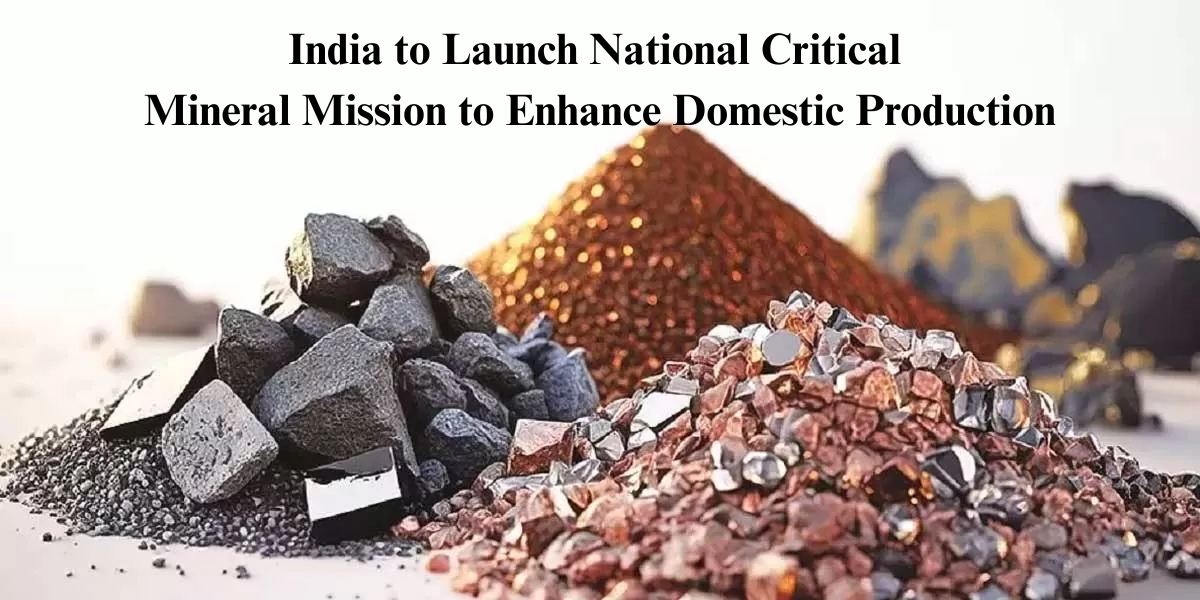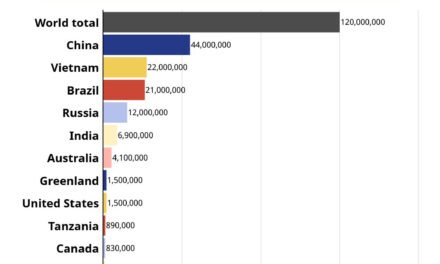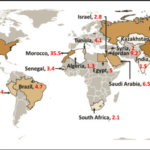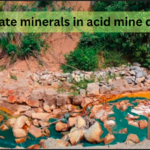The Indian government has officially launched the National Critical Mineral Mission, allocating ₹16,300 crore to enhance the country’s self-reliance in critical minerals essential for clean energy technologies. This initiative is part of a broader ₹34,300-crore plan over the next seven years, with public sector enterprises contributing ₹18,000 crore to meet these ambitious goals.
The mission focuses on minerals such as lithium, cobalt, nickel, copper, and rare earth elements, which are vital for manufacturing wind turbines, electric vehicles, and batteries. It aims to boost domestic production, recycling, and secure overseas acquisitions of critical mineral assets. The strategy includes technology development, creating a skilled workforce, establishing an extended producer responsibility framework, and implementing suitable financing mechanisms.
Additionally, the government plans to launch the auction of the first tranche of offshore blocks for mining, building on prior exploration efforts. This move is expected to further strengthen India’s critical mineral value chain across all stages—from exploration and mining to beneficiation, processing, and recovery from end-of-life products.
By implementing the National Critical Mineral Mission, India aims to reduce its dependence on imports, support the green energy transition, and position itself as a global hub for critical minerals. This mission underscores the country’s commitment to sustainable development and energy security.














